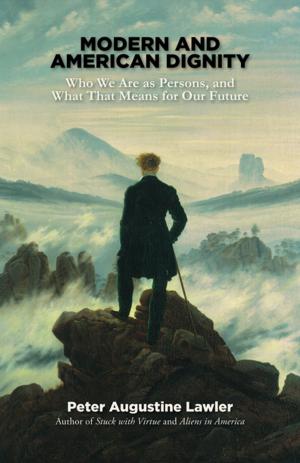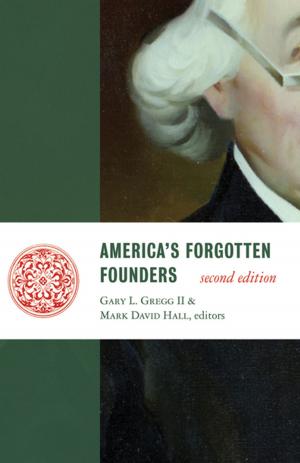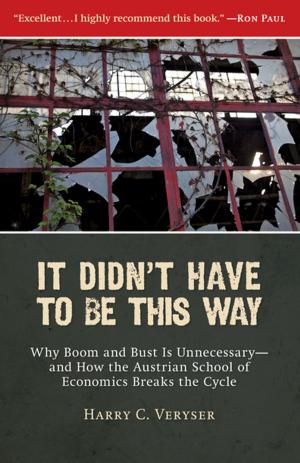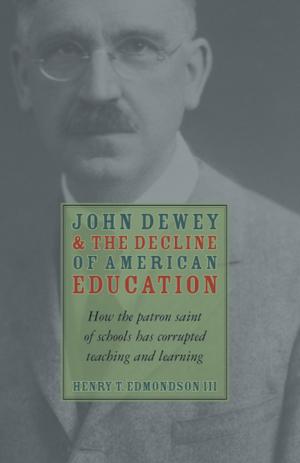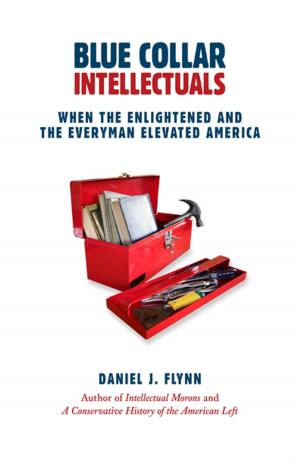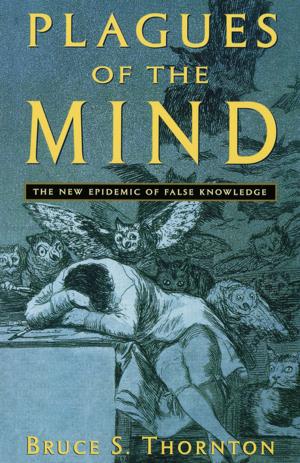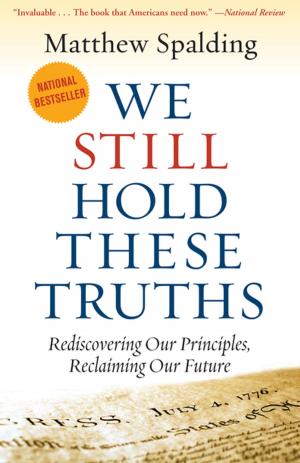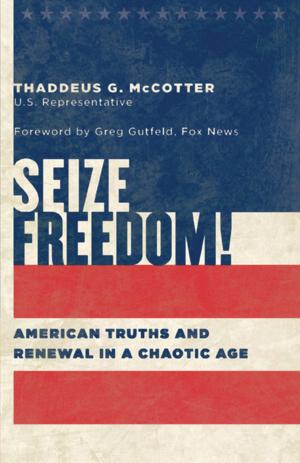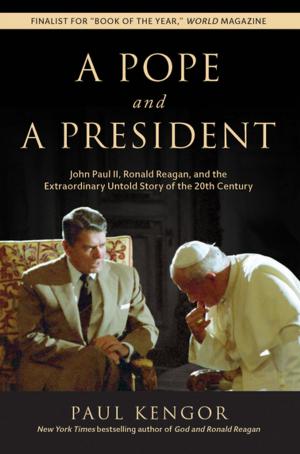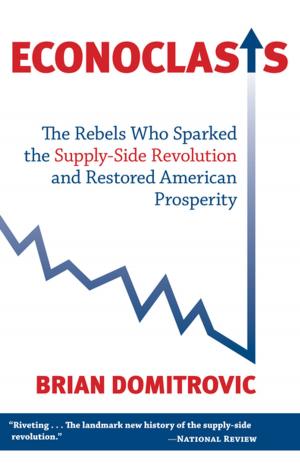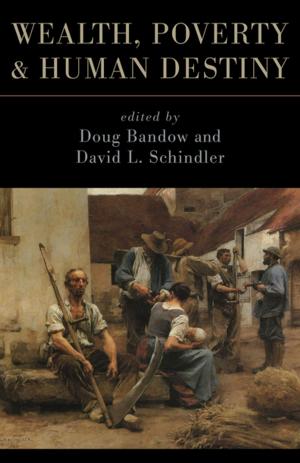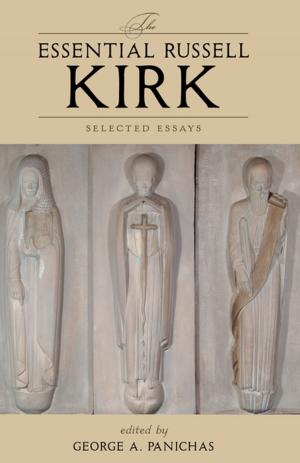The Just War Tradition
An Introduction
Nonfiction, History, Military, Other, Social & Cultural Studies, Political Science, International, International Relations| Author: | J. Daryl Charles, David D. Corey | ISBN: | 9781480492981 |
| Publisher: | Intercollegiate Studies Institute (ORD) | Publication: | March 11, 2014 |
| Imprint: | Intercollegiate Studies Institute | Language: | English |
| Author: | J. Daryl Charles, David D. Corey |
| ISBN: | 9781480492981 |
| Publisher: | Intercollegiate Studies Institute (ORD) |
| Publication: | March 11, 2014 |
| Imprint: | Intercollegiate Studies Institute |
| Language: | English |
Politicians, pundits, and scholars have cited the principles of “just war” to defend military actions from Iraq to Afghanistan to Libya. Other politicians, pundits, and scholars have cited just war principles to condemn those same military interventions. How can the same tradition lead to such sharply opposing conclusions? What is the just war tradition, and why is it important today?
Authors David D. Corey and J. Daryl Charles answer those questions in this insightful exploration. A fascinating blend of history, theology, and political philosophy, *The Just War Tradition: An Introduction *traces the development of the tradition from its inception nearly two millennia ago. Corey and Charles illuminate how the various voices within the tradition—from Augustine and Aquinas, to Luther and Calvin, to Suárez and Locke, up to present-day commentators—relate to one another and to rival ways of understanding war and peace.
Politicians, pundits, and scholars have cited the principles of “just war” to defend military actions from Iraq to Afghanistan to Libya. Other politicians, pundits, and scholars have cited just war principles to condemn those same military interventions. How can the same tradition lead to such sharply opposing conclusions? What is the just war tradition, and why is it important today?
Authors David D. Corey and J. Daryl Charles answer those questions in this insightful exploration. A fascinating blend of history, theology, and political philosophy, *The Just War Tradition: An Introduction *traces the development of the tradition from its inception nearly two millennia ago. Corey and Charles illuminate how the various voices within the tradition—from Augustine and Aquinas, to Luther and Calvin, to Suárez and Locke, up to present-day commentators—relate to one another and to rival ways of understanding war and peace.

